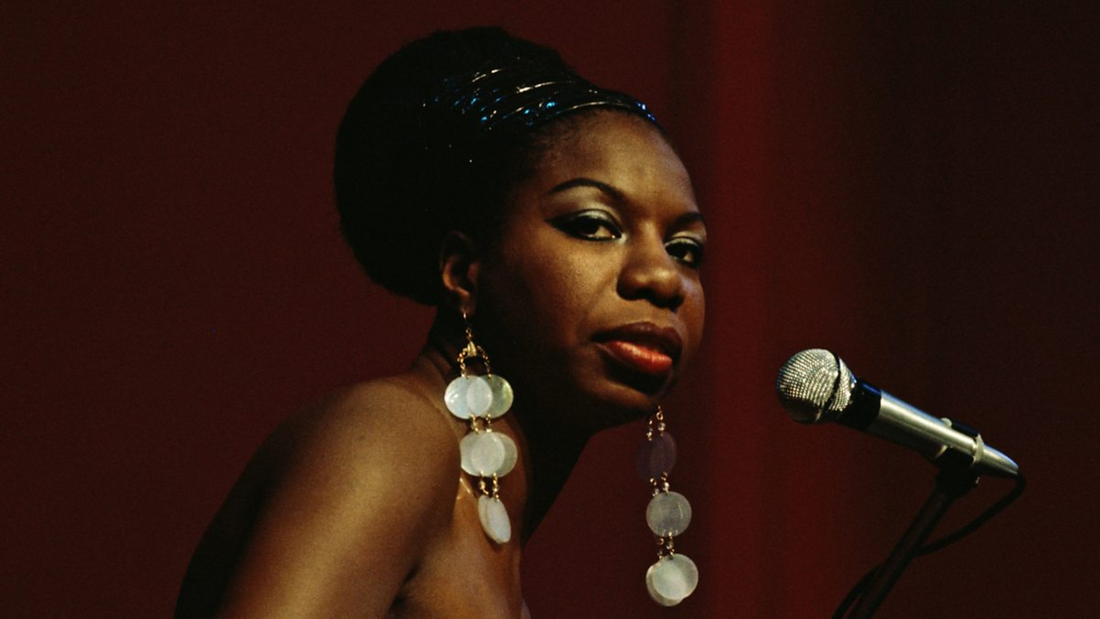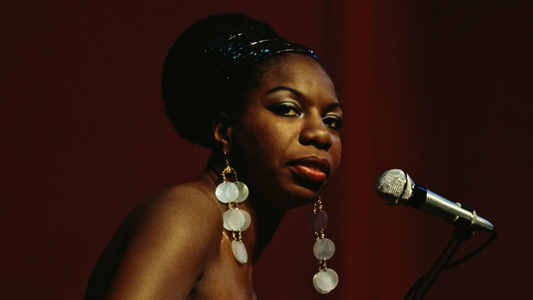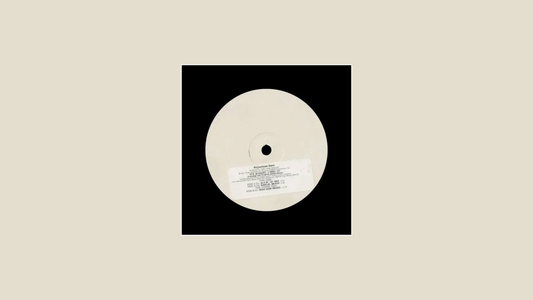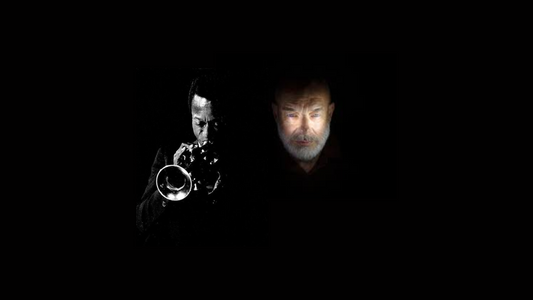
When the World Calls for Nina Simone
A Voice the World Returns To
By Rafi Mercer
Every so often, history calls out for Nina Simone.
It happens in waves, as though the world suddenly remembers that her voice holds something it desperately needs.
Protest erupts, and there she is, fierce and unbending. Hope flickers, and her voice carries it, fragile but strong.
Grief widens, and her songs hold the weight.
Nina is never gone. She is always waiting, and when times become unbearable or uncertain, we return to her as though she were a compass.
But to call her only a voice is to miss half the truth.
Nina Simone was not just sound, she was structure. Her piano carried authority, weaving classical rigour into blues cadences, folding folk melodies into jazz phrasing. Listen to the way she places chords — they are architectural, heavy enough to bear meaning. Her piano is rhythm and harmony, but also a second voice, an equal partner to the words. Together they become one instrument: piano and throat, hammer and breath.
And then there are the words themselves. Nina did not sing for decoration. She sang to tell, to declare, to accuse. At times, her anger was unmistakable, slicing through arrangements that might otherwise have felt smooth. “Mississippi Goddam” was not a protest song in the gentle sense — it was a demand, a refusal, a strike. Even her tender songs often carried iron at their core. The balance of softness and fury is what made her inimitable. She could lift you with “Feeling Good” and cut you open with “Four Women,” all in the same set.
This is why Nina endures. She does not belong to one era or one style. She is called upon again and again because she contains multitudes: elegance, rage, sorrow, transcendence. When the world fractures, her voice pulls the pieces together, even if only for the length of a song.
In a listening bar, Nina has a particular kind of power. A selector knows that if you drop her at the right moment, the room changes. Heads turn. Silence arrives. People lean in. You don’t talk over Nina Simone. You don’t use her as background. Her voice insists on attention, and her piano gives it weight. A whisky in hand, lights low, the moment can feel like church, courtroom, and confessional all at once.
What I find most extraordinary is how her music refuses to age. Play “Sinnerman” today and it feels urgent, alive, impossible to ignore. Play “I Loves You, Porgy” and it feels timeless, a song that has always existed. Anger and tenderness, discipline and abandon, elegance and grit. Nina Simone was all of it, sometimes within the span of a single line.
Perhaps that is why history keeps calling for her. Not because she offers easy answers, but because she refuses them. She forces us to listen, not just to her, but to ourselves. She makes stillness necessary. She makes rage acceptable. She makes the act of listening feel larger than entertainment.
So yes, at times the world seems to cry out for Nina Simone. And when it does, she answers. Her voice reminds us of what we have forgotten. Her piano builds the scaffolding to carry it. Her anger keeps us honest. Her tenderness keeps us human.
Rafi Mercer writes about the spaces where music matters. For more stories from Tracks & Tales, subscribe here, or click here to read more.







